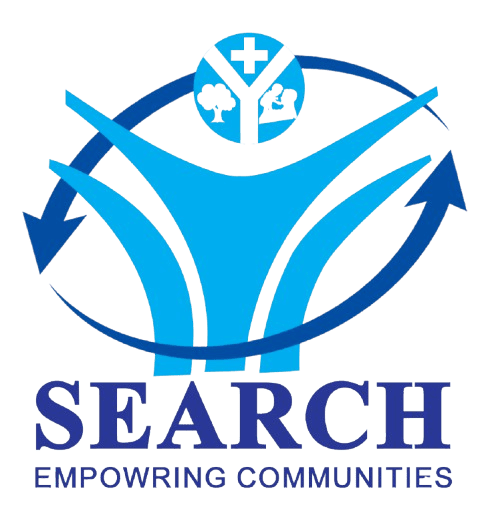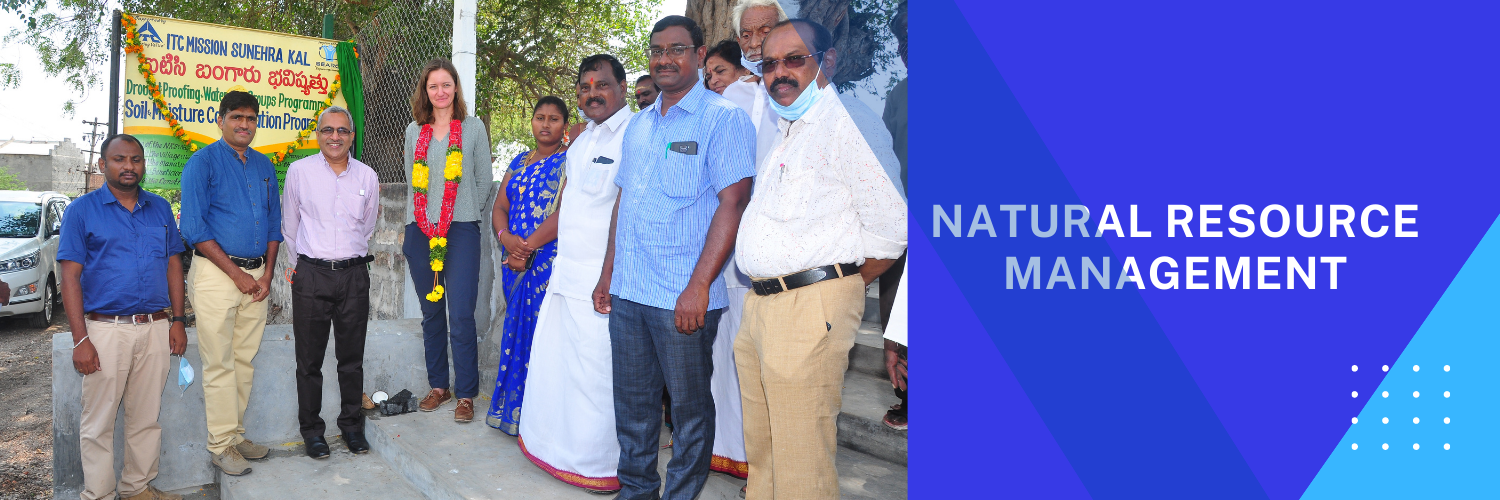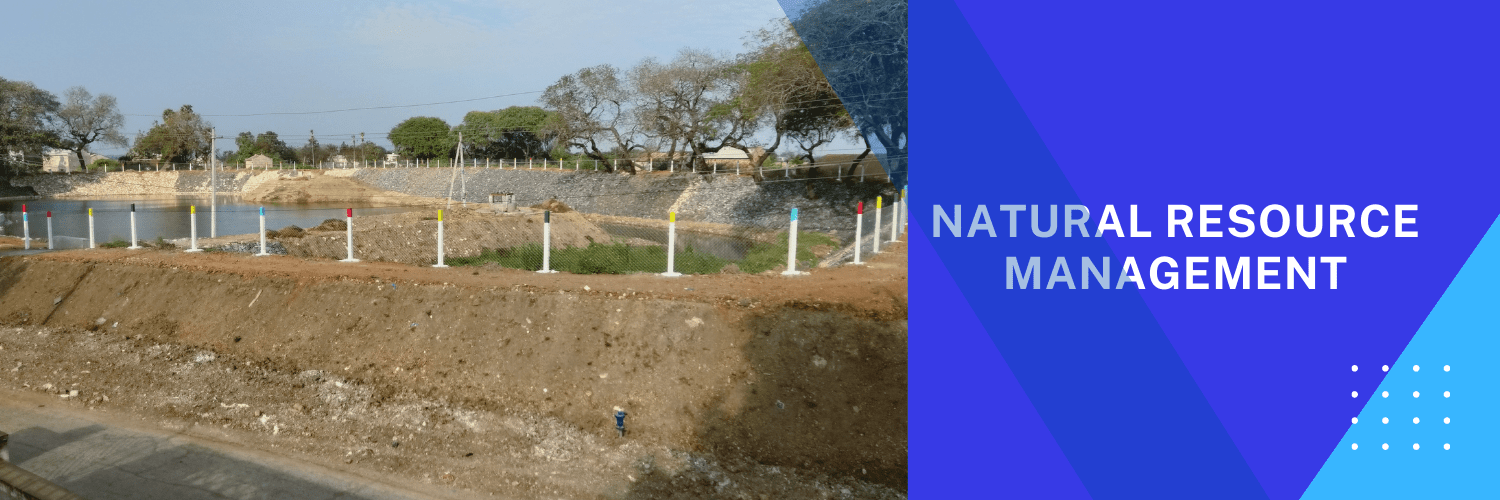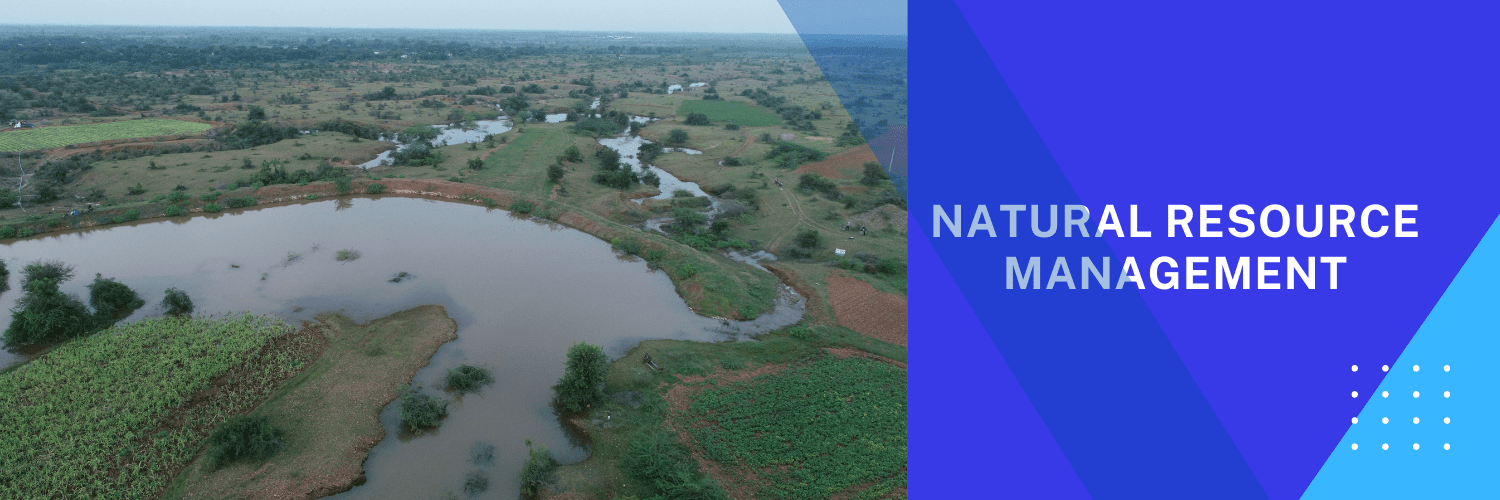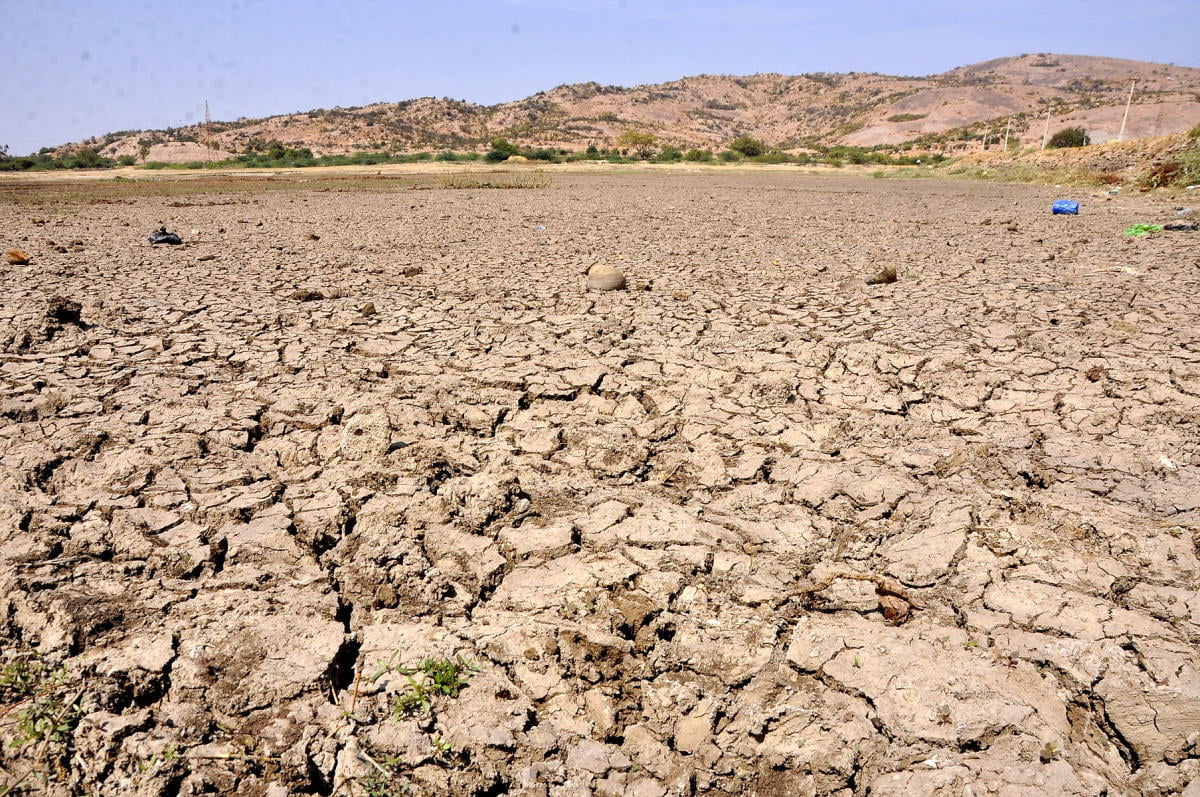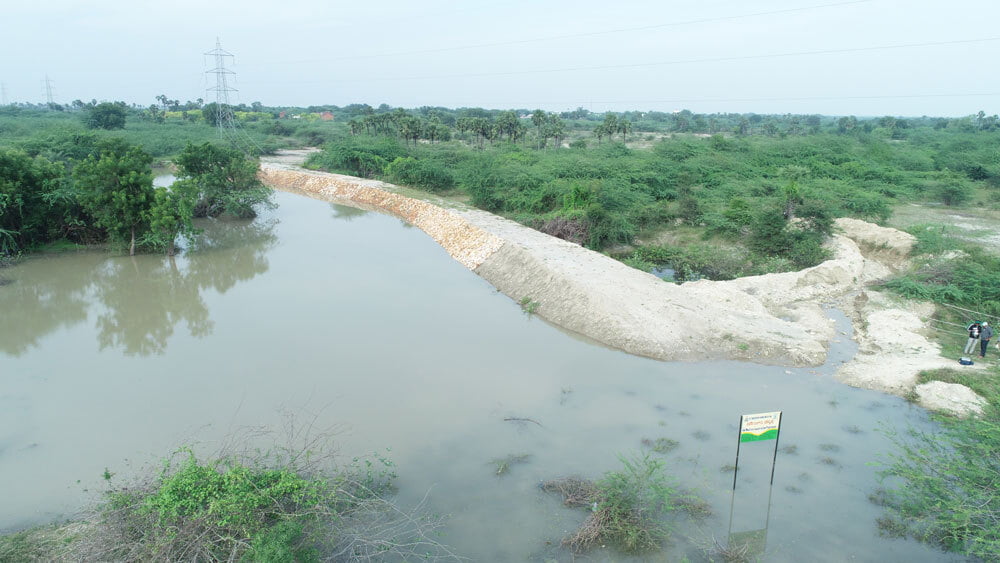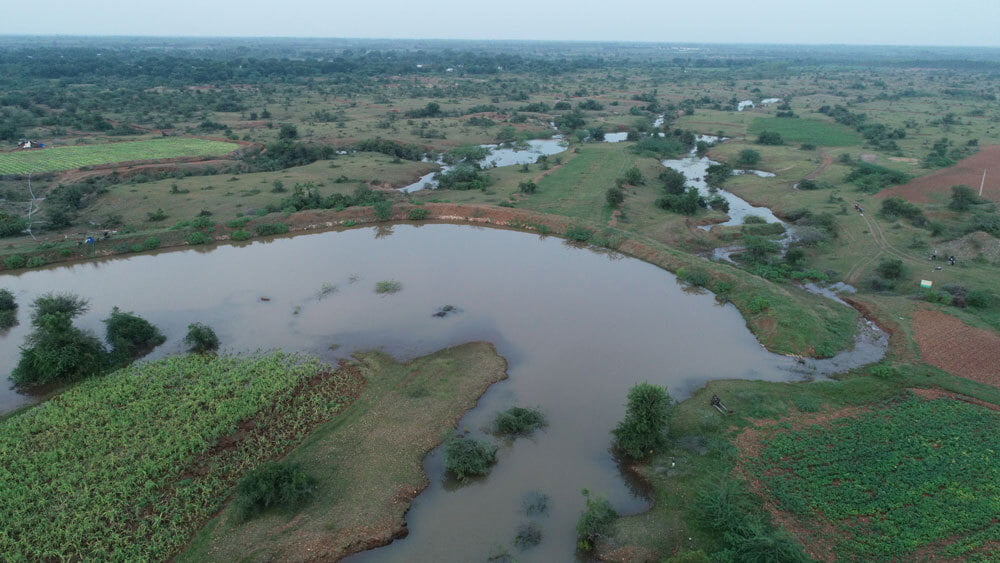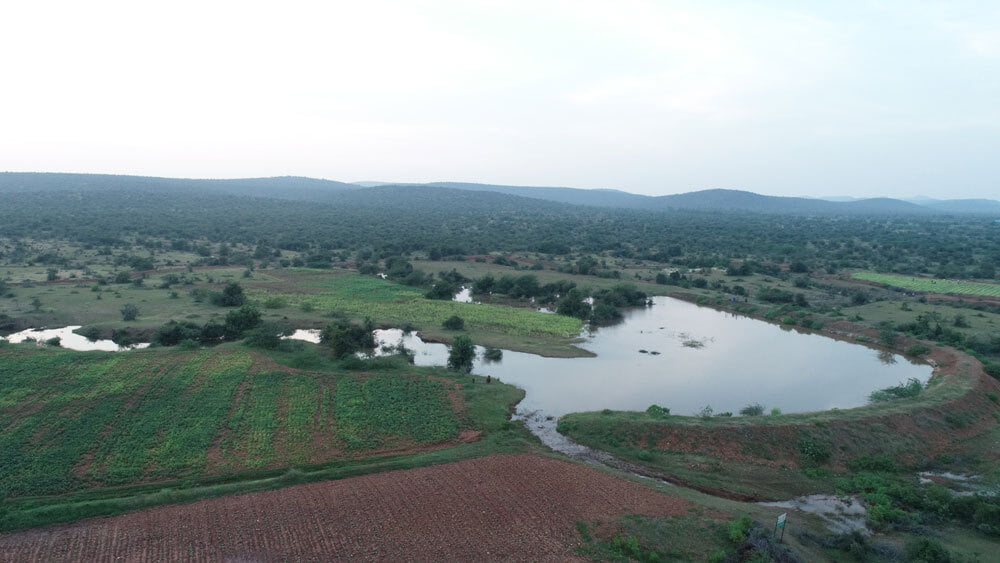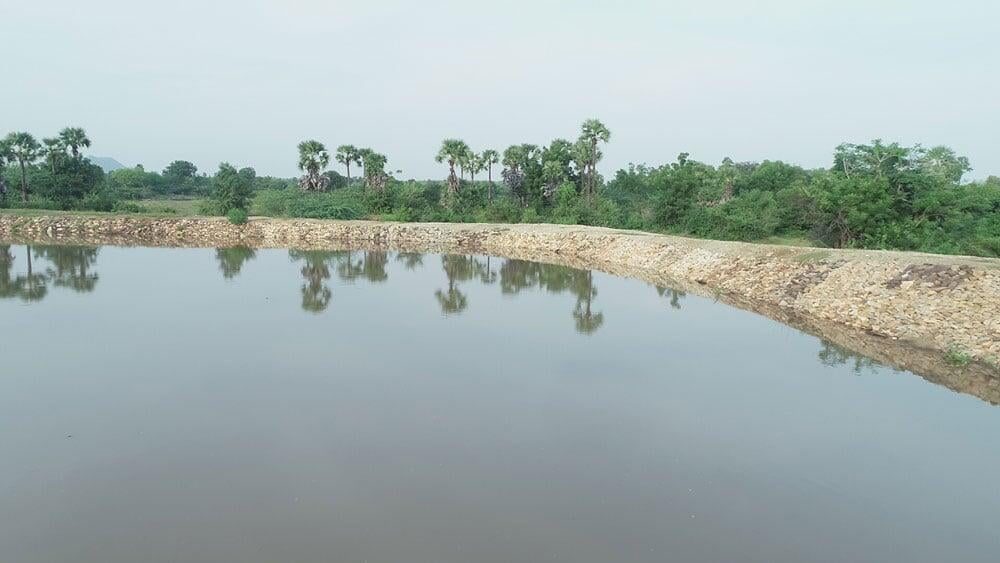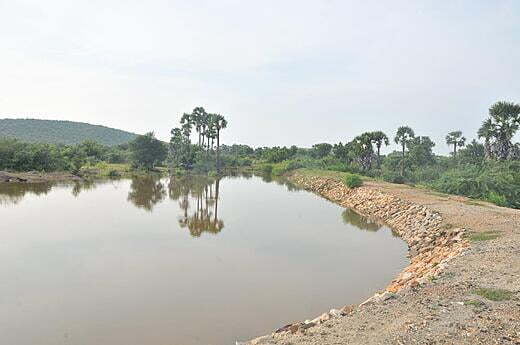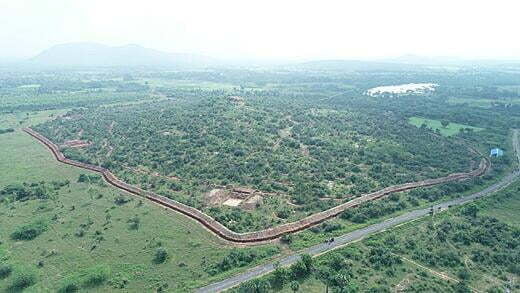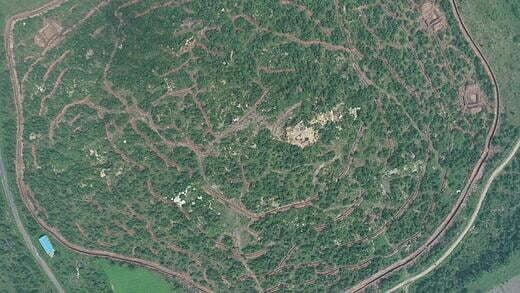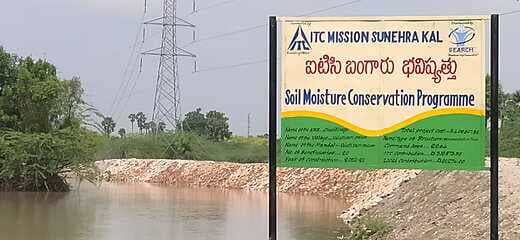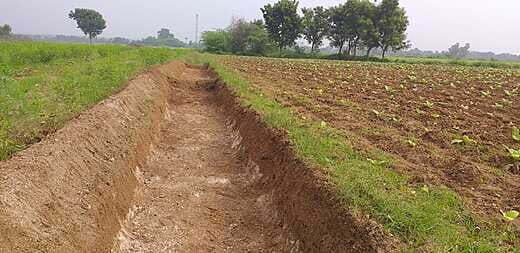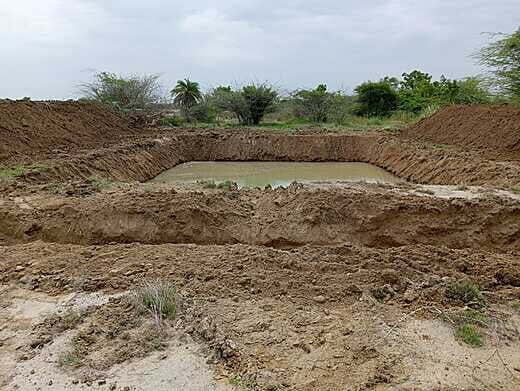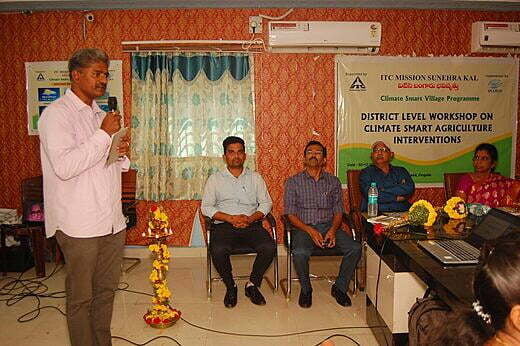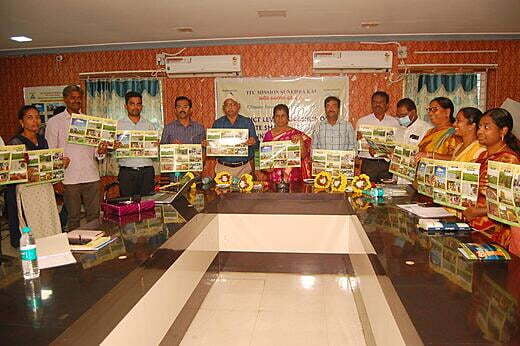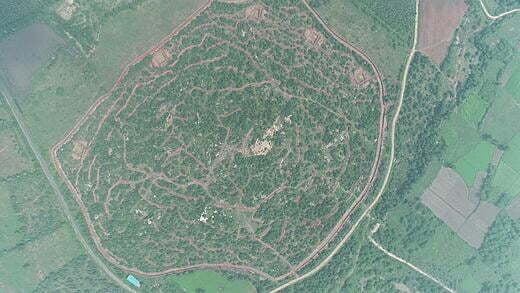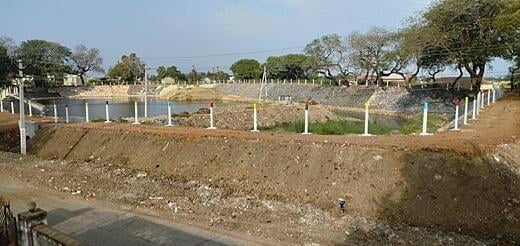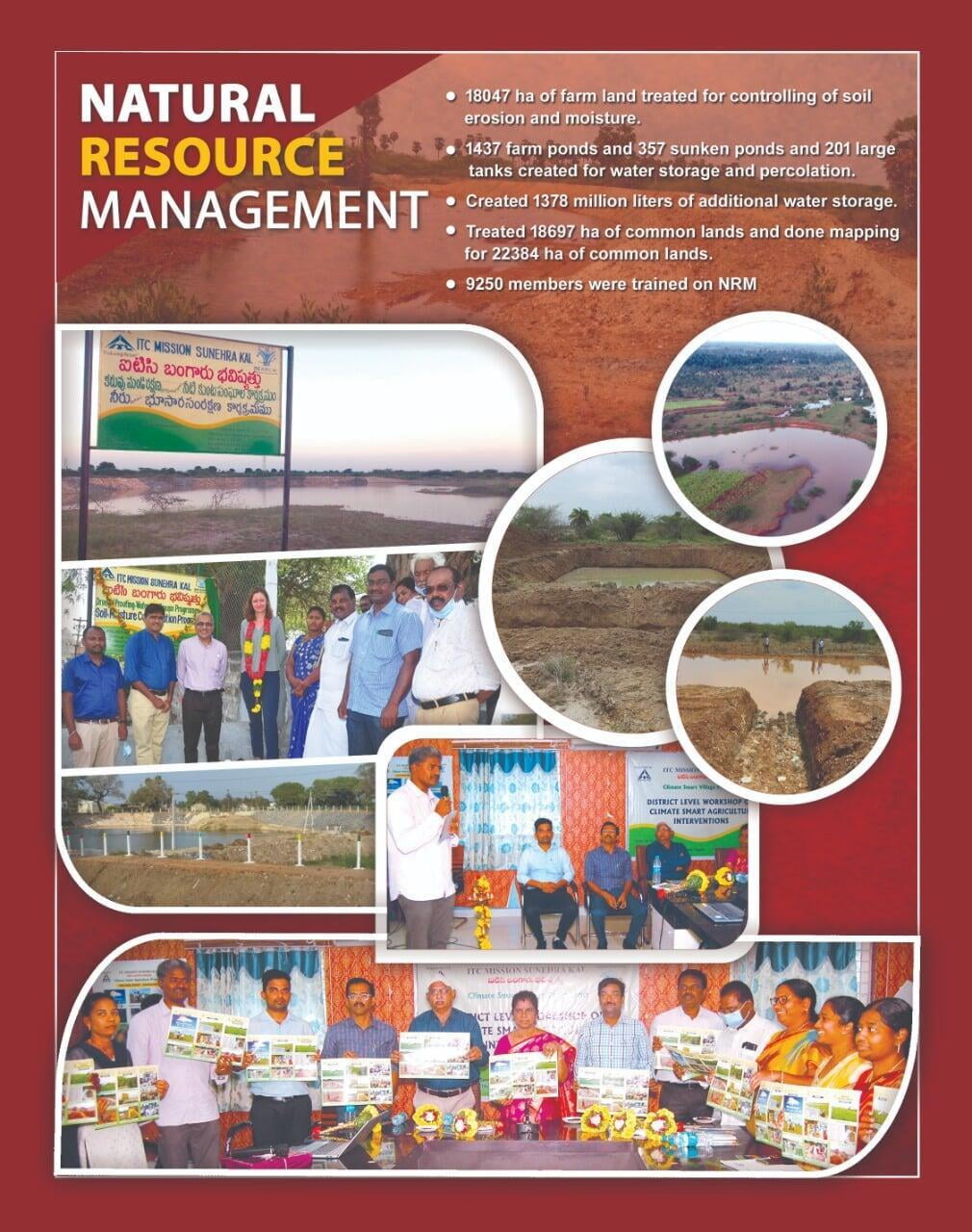
Our natural resources are under increasing pressure as the climate changes at an unprecedented rate, and their capacity to regenerate is being seriously compromised as a result. There are many people whose livelihoods depend on the land and trees now being lost. Land degradation, biodiversity loss, and declining groundwater levels are all issues we regularly see in the dry land parts of Andhra Pradesh, where the bulk of our work is focused. With our long-term strategy for watershed management and drought resistance. Increases in crop yields, fodder production, and water availability have resulted from a resurgence in biodiversity and a recharging of groundwater supplies. The primary aspect of our strategy is to include farmers through village institutions and help them adopt demand-side management approaches for long-term resource management in rural areas.
Sustainable Development Goals
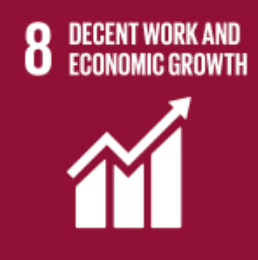 | 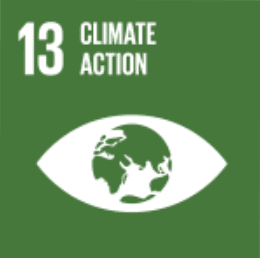 |
 |  |
Approaches Adopted in the Projects
Approaches Adopted in the Projects
Create water security at watershed level and focused drought proofing at individual field level. Initiatives to include, surface & groundwater storage/recharge, in-situ soil moisture improvement and promotion of efficient irrigation practices.
Create Institutional support for tackling drought and water scarcity – Promote Custom hiring and entrepreneurial models to help in taking up efficient irrigation practices.
Knowledge dissemination and on-going research cum documentation to create awareness on importance of in-situ soil moisture, efficient irrigation practices and water budgeting.
- Integrate all-Natural Resources Management programs viz., plantation, livestock development etc. into drought proofing program.
Assess water demand at basin level and work towards creating water secure situation over a period of time. This involves work in supply side and demand side management.
Social Impact
Social Impact
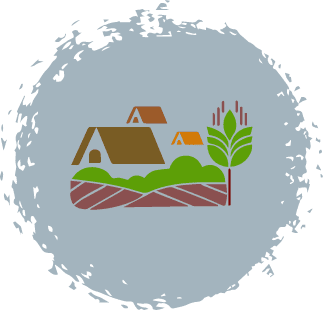
18047HA
Farm Land Treated for Controlling of Soil Erosion and Moisture
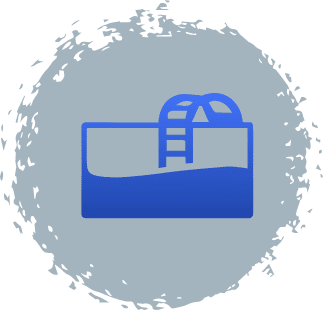
209
Large Tanks for water Storage & Percolation
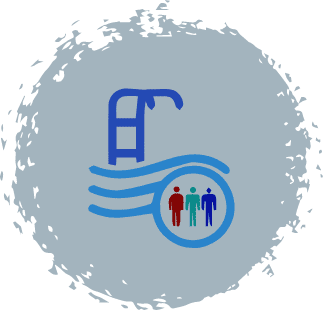
1378
Million Liters of Additional water storage
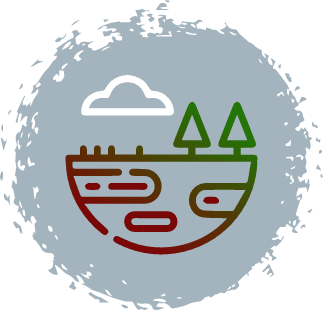
357
Sunken Ponds
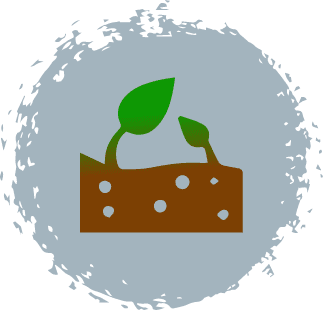
18697HA
Treated of Common Lands

1497
Farms Ponds
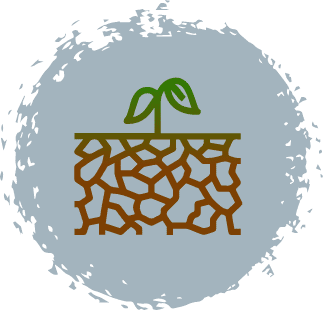
22384HA
Done Mapping of Common Lands
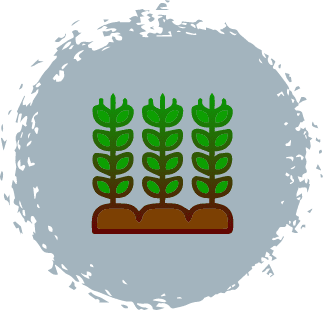
1950
Members were Trained on NRM

18047HA
Farm Land Treated for Controlling of Soil Erosion and Moisture

209
Large Tanks for water Storage & Percolation

1378
Million Liters of Additional water storage

357
Sunken Ponds

18697HA
Treated of Common Lands

1497
Farms Ponds

22384HA
Done Mapping of Common Lands

1950
Members were Trained on NRM
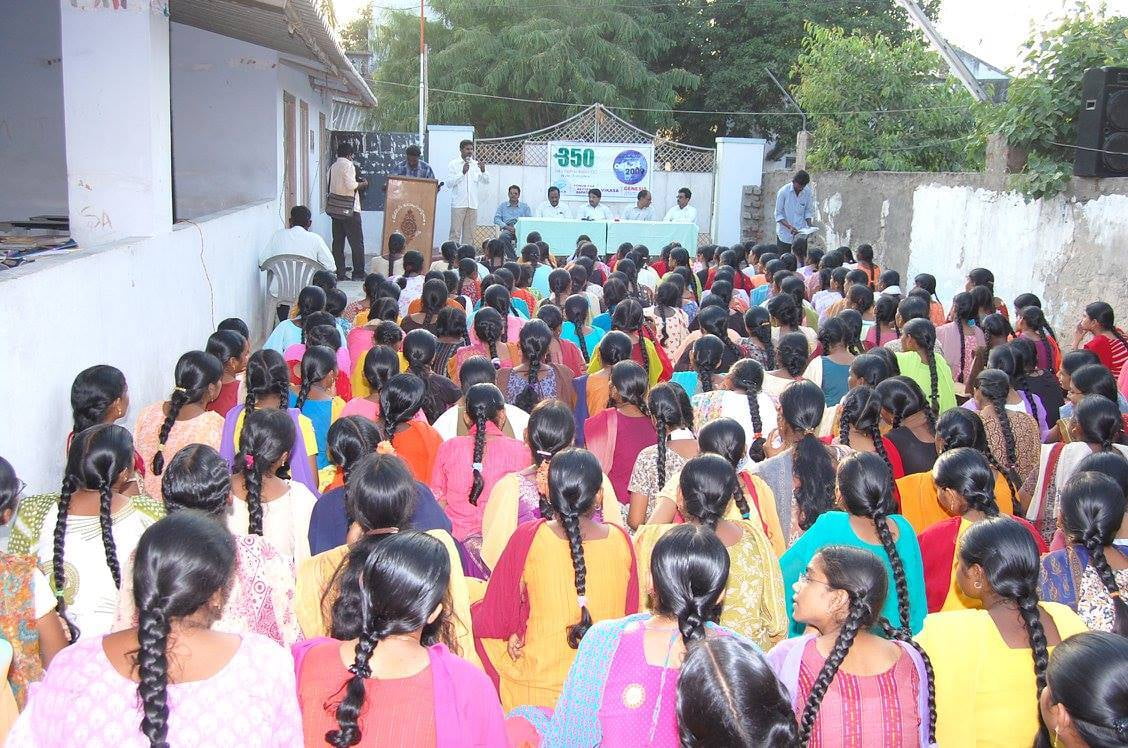
Donate for NRM
join us Input efforts to empower the marginalized communities across rural Andhra Pradesh and Telangana

Donate for NRM
join us Input efforts to empower the marginalized communities across rural Andhra Pradesh and Telangana
